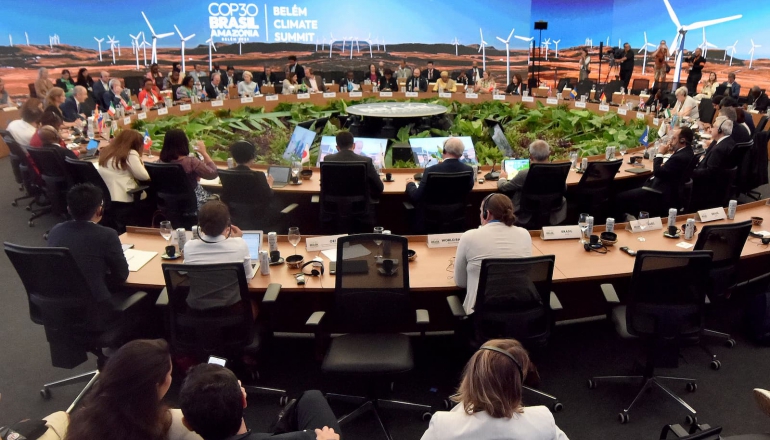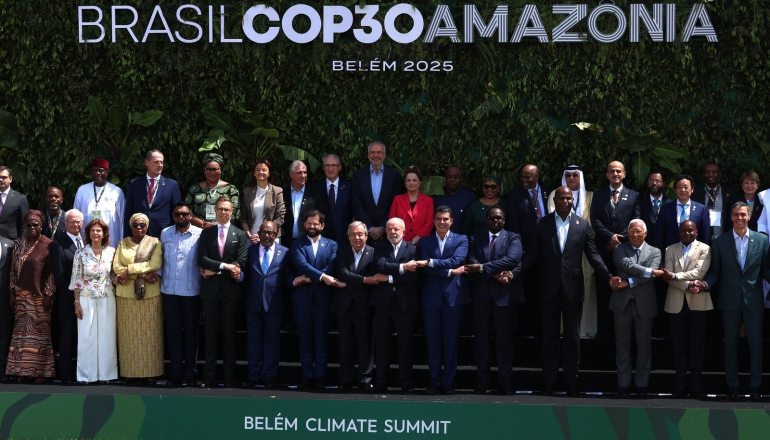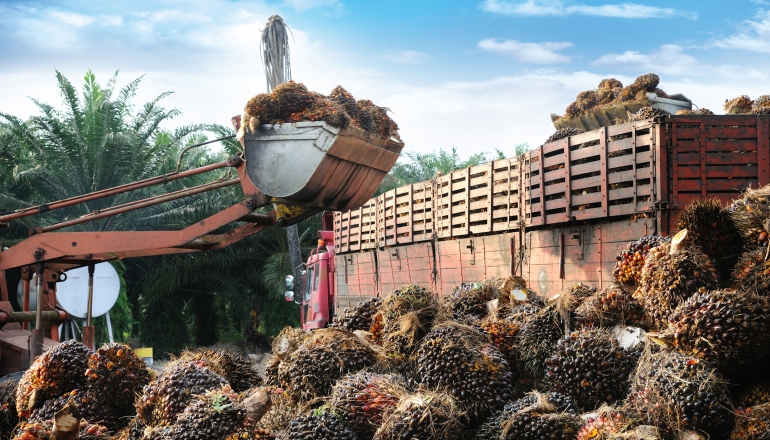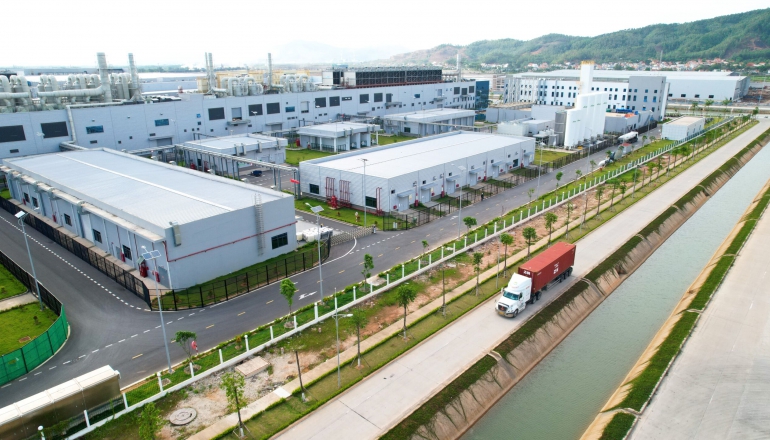COP30: Which ASEAN countries submitted NDCs on time, and which are still pending?
At the opening of the COP30 on Nov. 10, parties were expected to submit updated NDCs ahead of the summit. According to the UN, more than half of the 11 ASEAN member states have submitted their 2035 climate targets on time.
November 10, 2025










